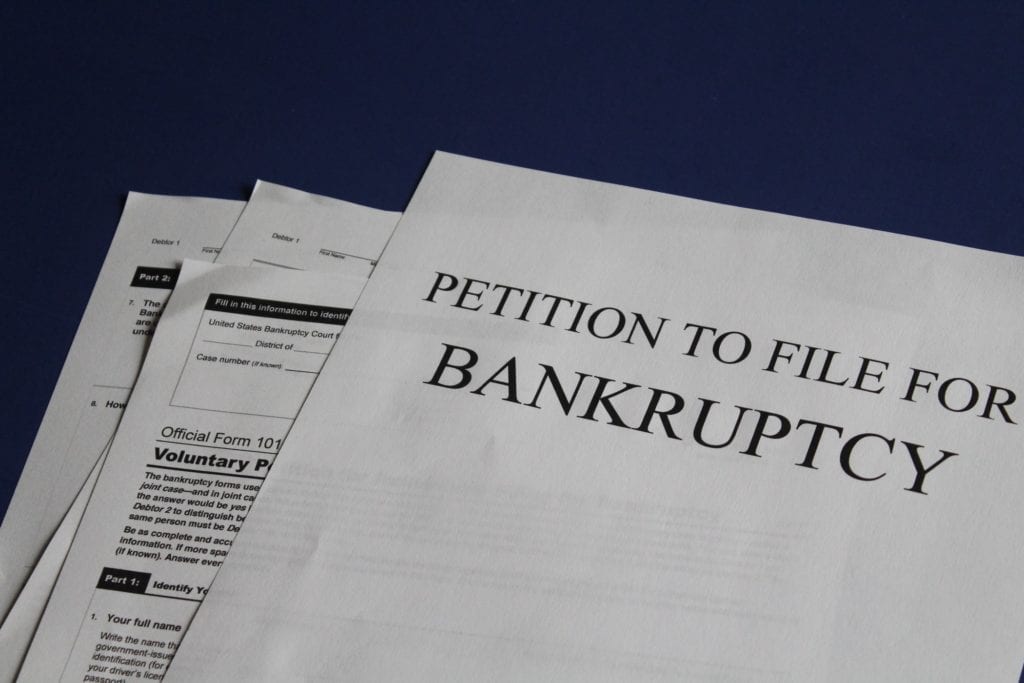
Bankruptcy and Taxes
As a tax attorney, I am often asked if taxes can be discharged in bankruptcy. The answer to that question is . . . sometimes. Even when bankruptcy is available for a tax debt, bankruptcy may not be the best option for a person with a tax debt.
Some tax debts are not eligible for bankruptcy. These include trust fund recovery penalties the IRS assesses against an individual in connection to a business payroll tax debt. A tax debt is also not eligible for bankruptcy if there is any fraudulent activity in connection with the tax debt.
The federal case law varies from circuit to circuit as to whether tax debt is eligible for bankruptcy. Some circuits will not allow a tax debt to be discharged if the taxpayer filed a tax return late. Other circuits will not allow a tax debt to be discharged if the IRS files a Substitute for Return (SFR). An SFR occurs when the IRS files a tax return for a person based on wage and income information the IRS has available and the person did not timely file a tax return.
Even when a tax debt is eligible for bankruptcy protection, it must pass the 3/2/240 test. This test requires (1) the bankruptcy must be filed at least three (3) years after the return for the tax was due (including extension), (2) the bankruptcy must be filed at least two (2) years after the taxpayer filed their return, and (3) the bankruptcy must have been filed 240 days after the IRS assessed a tax. As of the date of publication of this blog, only individual income tax debts from 2016 and prior are eligible for bankruptcy as these debts are the only debts that will pass the three-year test. 2017 personal income tax debts will not be eligible for bankruptcy until October 16, 2021 at the earliest. Certain events like filing a Collection Due Process Appeal can extend the time a person must wait before discharging a tax in bankruptcy.
If you have tax debt and are contemplating bankruptcy, you should consider certain IRS programs as an alternative to a bankruptcy. This also applies to state taxing authorities such as the California Franchise Tax Board, California Department of Tax and Fee Administration, and Employment Development Department as they may offer similar programs.
The IRS offers installment agreements as an alternative to a Chapter 13 plan. The IRS also has an Offer in Compromise Program as an alternative to a Chapter 7 plan. There are pros and cons to the IRS programs. For example, the IRS allows installment agreements and Offers in Compromise for debts that may not be eligible for bankruptcy like trust fund recovery penalties and recent tax debts. Unlike bankruptcy, which is a matter of public record, IRS programs usually do not become public record.
However, IRS programs do not address any non-tax debts such as credit card bills which could be addressed in a bankruptcy. In addition, a person not eligible for an Offer in Compromise may be eligible for a Chapter 7 discharge (and vice versa).
Bankruptcy is an option that anybody with a tax debt problem may wish to consider. For many people with tax debt issues, a bankruptcy may be the best available option. For others with tax debt problems, bankruptcy may not be available and even if bankruptcy is available the best option may be an installment agreement or Offer in Compromise. You should speak with both a tax and bankruptcy attorney to help you weigh the pros and cons to determine which option is best for your circumstances.
RJS LAW stands at the ready to assist you in these matters.
Published by Joseph Cole, JD, LL.M

Leave a Reply